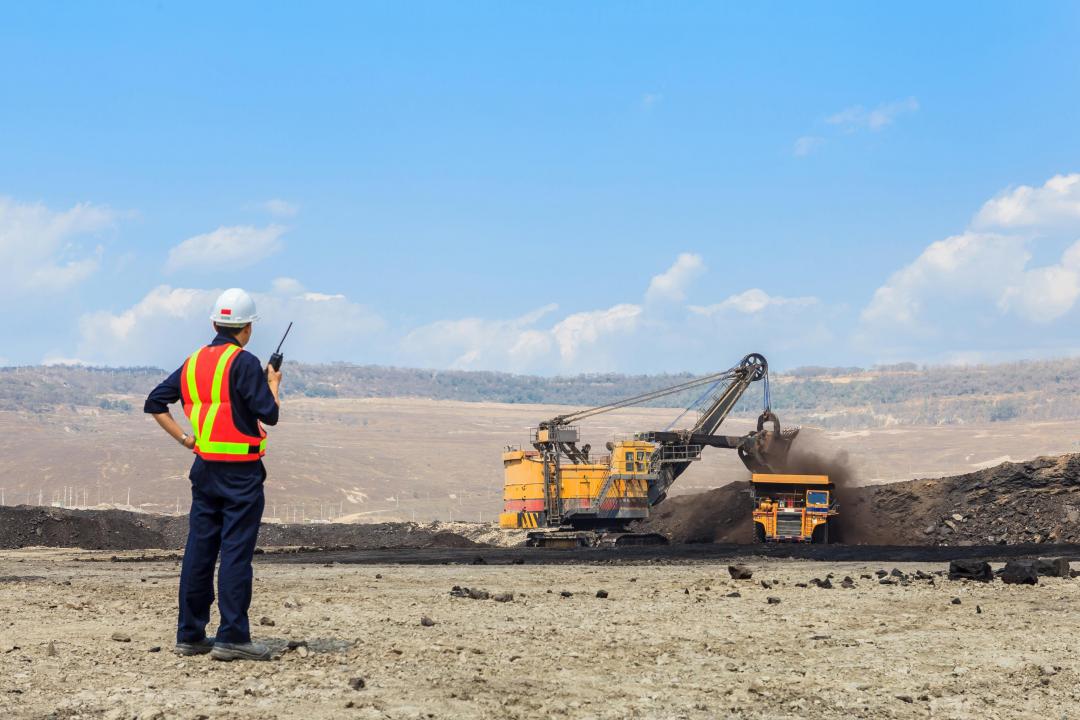Top 20 Mining Engineer Fresher Interview Questions
Table of Contents
Top 20 Mining Engineer Fresher Interview Questions
1. Can you explain the basic principles of mining engineering?
Example – “Mining engineering involves the extraction of valuable minerals and resources from the Earth’s crust while ensuring safety, efficiency, and minimal environmental impact. It encompasses various techniques, including drilling, blasting, ore processing, and resource management.”
2. What is the importance of mine safety, and how would you contribute to it?
Example – “Mine safety is crucial to protect workers and the environment. I would contribute by strictly adhering to safety protocols, conducting regular safety inspections, and promoting a safety-first culture among colleagues.”
3. Describe the steps involved in the mine planning process?
Example – “Mine planning involves exploration, resource estimation, design, scheduling, and operation. It starts with geological surveys to locate mineral deposits and ends with sustainable extraction methods.”
4. What are the common mining methods, and when would you use each?
Example – “Common mining methods include open-pit, underground, and placer mining. The choice depends on factors like deposit depth, ore quality, and environmental considerations.”
5. Explain the concept of ore reserve estimation?
Example – “Ore reserve estimation assesses the quantity and quality of minerals in a deposit. It involves sampling, data analysis, and mathematical modeling to determine the economically recoverable reserves.”
6. How do you ensure environmental sustainability in mining operations?
Example – “I would promote responsible mining practices, including reclamation, minimizing waste, and adopting eco-friendly technologies to reduce the environmental footprint.”
7. What software tools are commonly used in mining engineering, and do you have experience with any of them?
Example – “Common software includes AutoCAD, MineSight, Surfer, and various modeling and simulation tools. While I may not have extensive experience, I’m eager to learn and adapt quickly.”
8. Can you explain the concept of slope stability in open-pit mining?
Example – “Slope stability is crucial in open-pit mining to prevent collapses. It involves analyzing geological and structural factors to design stable pit walls and implement safety measures.”
9. How do you handle the challenges of water management in mining operations?
Example – “Effective water management includes collecting and treating water, preventing contamination, and minimizing water usage. It’s essential to comply with regulatory requirements and industry best practices.”
10. What safety precautions should be taken when working with explosives in mining?
Example – “Safety precautions include proper storage, handling, and transportation of explosives, conducting regular inspections, and ensuring all personnel are trained in safe explosive handling procedures.”
11. What is the role of a mining engineer in mine ventilation?
Example – “Mining engineers design and maintain ventilation systems to ensure a safe and breathable atmosphere for miners underground. This involves monitoring air quality, controlling dust, and managing gas emissions.”
12. How do you manage the logistical aspects of transporting mined materials to processing facilities or markets?
Example – “Efficient logistics involve designing transportation routes, selecting appropriate equipment, and optimizing schedules to minimize costs and maximize productivity.”
13. Explain the concept of cut-off grade in mining?
Example – “The cut-off grade is the minimum grade of ore that can be economically processed. It helps in deciding which portions of a deposit are worth mining.”
14. How do you stay updated with the latest advancements in mining technology and practices?
Example – “I stay updated by reading industry publications, attending seminars, and participating in online courses and forums. In this sector, ongoing education is essential.”
15. Can you describe a challenging project you’ve worked on during your academic studies or internships?
Example – “Share a specific project, outlining the problem, your role, the solutions implemented, and the outcomes achieved. Emphasize problem-solving and teamwork skills.”
16. What is the significance of geotechnical engineering in mining, and how would you apply it?
Example – “Geotechnical engineering assesses soil and rock properties to ensure safe mining operations. I would apply it by conducting geological surveys, stability analyses, and recommending ground control measures.”
17. How do you manage and optimize production schedules in a mining operation?
Example – “Production scheduling involves balancing ore extraction rates, equipment availability, and processing capacity. I would use software tools and data analysis to create efficient schedules.”
18. Discuss the importance of reclamation in mining and your approach to it?
Example – “Reclamation restores mined areas to their natural or usable state. I would prioritize reclamation by planning it from the outset, monitoring progress, and complying with regulatory requirements.”
19. How do you handle conflicts or safety concerns with fellow workers on a mining site?
Example – “I would address concerns through open communication, reporting procedures, and involving management if necessary. Safety should never be compromised.”
20. Why do you want to pursue a career in mining engineering, and what do you hope to achieve in this field?
Example – “Share your passion for the industry, your long-term career goals, and your commitment to contributing positively to mining operations and sustainability.”




